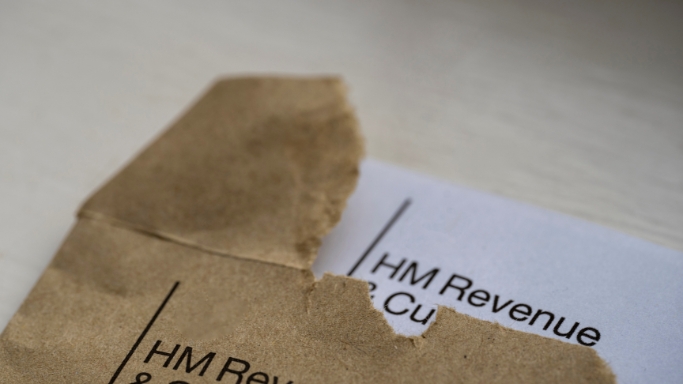
Overview of Making Tax Digital (MTD)
Making Tax Digital (MTD) is a crucial part of the UK government’s plans to make it easier for individuals and businesses to get their taxes right. It’s a digital tax system transforming how businesses manage their taxes, turning the UK’s tax administration into one of the most progressive systems worldwide. Whether you’re a small business owner or self-employed, our guide will provide everything you need to know about Making your taxes digital.
What is Making Tax Digital (MTD)?
Making Tax Digital is a government initiative to modernise the UK tax system. By HMRC’s design, MTD aims to make tax administration more effective, efficient, and straightforward for taxpayers. It requires businesses and individuals to maintain digital records and submit tax updates to HMRC using MTD-compatible software. It’s about making it easier for businesses to stay on top of their tax affairs and know how much tax they owe.
How Does MTD Impact Small Businesses?
For small businesses in the UK, adapting to Making Tax Digital is essential. MTD requires businesses to keep digital records of income and expenses and submit their tax returns to HMRC digitally. This change simplifies how businesses manage their taxes, making it easier to stay on top of their tax affairs and providing a more accurate real-time view of their tax information.
What About Making Tax Digital For VAT and Income Tax?
The scope of MTD extends to both VAT and income tax. Initially introduced for VAT-registered businesses with a taxable turnover above the VAT threshold, MTD for VAT requires businesses to submit their VAT returns directly to HMRC using MTD-compatible software. The next phase, MTD for Income Tax, will apply to self-employed business owners and landlords with business income above a certain threshold. They must follow the MTD income tax rules for their next accounting period.
How Can I Comply with Making my taxes digital?
To comply with MTD, businesses must keep digital records and submit their tax returns using MTD software. This can be done through commercial software solutions or free software provided by HMRC for smaller businesses. This shift towards digital tax records ensures businesses and individuals accurately understand their tax position in near real-time.
How Does Making Tax Digital Benefit Me?
MTD aims to make tax reporting more straightforward and accurate for businesses and individuals. By maintaining digital records and submitting digital tax returns, businesses can stay on top of their tax affairs, understand how much tax they owe, and prevent errors in tax reporting. By keeping everything digital, you can ensure your business remains compliant and efficient.
Key takeaways:
- Making Tax Digital is a UK government initiative to overhaul the tax system, making it more straightforward and efficient for taxpayers.
- MTD impacts small businesses by requiring digital record-keeping and digital tax return submissions.
- MTD covers VAT and income tax, with specific requirements for each tax type.
- Compliance with MTD involves maintaining digital records and using MTD-compatible software for tax return submissions.
- MTD aims to simplify tax reporting by giving businesses a real-time view of their tax affairs and ensuring accuracy.


Request a call back
Let us know when you would like us to call you back by filling in this form:
Our 5 Star Reviews



Latest News

Making Tax Digital 2023: MPs Criticise Delays and Complexity
Explore the challenges and impacts of the UK’s Making Tax Digital initiative, including delays and the cost burden on taxpayers.

Making Tax Digital: Small Business Review
Making Tax Digital Small Business Review 2023: Understanding the Basics and Preparing for Change Introduction to Making Tax Digital (MTD) Since 1948, Jack Ross Chartered

Making Tax Digital: The Rising Costs and Challenges
Making Tax Digital: The Rising Costs and Challenges Introduction Making Tax Digital (MTD), the ambitious initiative by HM Revenue & Customs (HMRC) to digitise the
